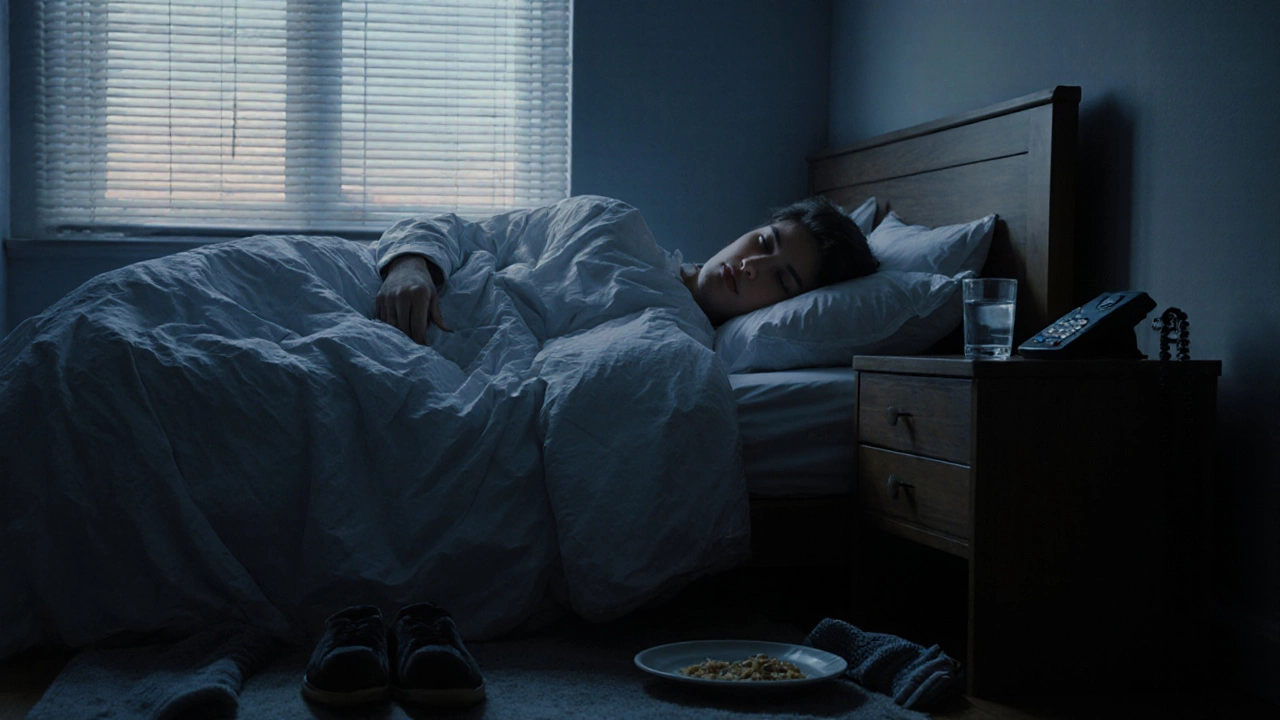Emotional Exhaustion: Signs, Causes, and How to Recover
When you feel completely drained—not just physically, but like your emotions have been squeezed dry—that’s emotional exhaustion, a state of chronic mental and emotional fatigue caused by prolonged stress, overcommitment, or lack of recovery. It’s not laziness. It’s not weakness. It’s your nervous system screaming for a break. You might know it by the way you stare at your phone for 20 minutes without scrolling, or how even small tasks feel like climbing a mountain. It shows up in silence, in canceled plans, in the way you snap at people you love—even when you didn’t mean to.
Burnout, a related condition often triggered by workplace or caregiving pressure, is what emotional exhaustion turns into when it’s ignored long enough. But burnout doesn’t come out of nowhere. It builds quietly: late nights, skipped meals, saying yes when you want to say no, pretending you’re fine when you’re not. And while mental fatigue, the cognitive strain from constant decision-making and emotional labor plays a big part, it’s the emotional weight—the guilt, the grief, the pressure to perform—that really wears you down.
People often confuse emotional exhaustion with being tired from a long day. But this is different. It’s the kind of tired that doesn’t go away after sleep. It’s the feeling that even if you had a week off, you still wouldn’t feel like yourself. It shows up in parents who give everything to their kids and have nothing left for themselves. In nurses who keep showing up even when they’re hollow. In freelancers who work 80-hour weeks because they’re afraid to stop. And in anyone who’s been told to just "push through" when their body and mind are begging for rest.
The good news? Recovery isn’t about quitting your life. It’s about rebuilding your boundaries. It’s learning to say no without apology. It’s letting yourself feel tired without judging it. It’s finding small moments—five minutes of quiet, a walk without headphones, a text to someone who gets it—that remind you you’re still human. The posts below don’t offer quick fixes. They offer real, grounded ways people are actually managing this: from setting emotional boundaries to rethinking productivity, from understanding why minimalism helps to recognizing when rest isn’t optional.
You’re not broken. You’re not failing. You’re just human in a world that rarely lets you rest. What follows isn’t a list of tips—it’s a collection of honest stories and practical steps from people who’ve been there, and found their way back.
The first stage of a mental breakdown isn't dramatic - it's quiet exhaustion, emotional numbness, and physical fatigue. Recognizing these early signs can stop a crisis before it starts.






